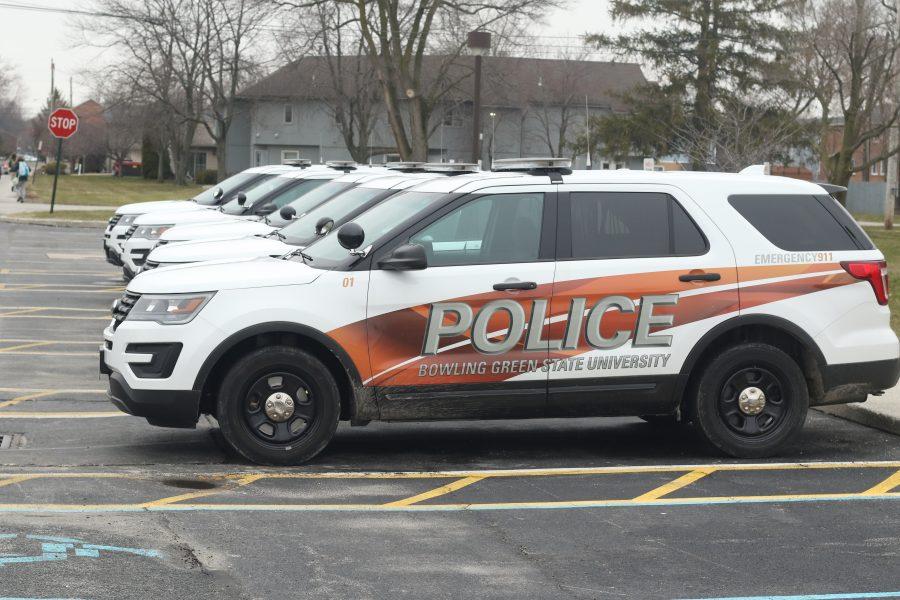Faculty Senate voted in favor of two changes to the Academic Charter, one regarding academic honesty and one regarding absences, at its Tuesday meeting.
The goal of the change to the academic honesty policy is to “streamline the bureaucratic aspects… by housing the academic honesty process within the division of Student Affairs as opposed to where it’s currently dispersed across the colleges and in the division of Academic Affairs,” said Faculty Senate Vice Chair Allen Rogel.
The same people will still be making decisions about academic honesty issues, Rogel said. What changes is who handles paperwork; faculty will report potential violations of the academic honesty policy to one person in Student Affairs. That person will pass the issue to the appropriate dean, rather than the faculty member having to figure out who that is. Students will also be able to go to Student Affairs with any questions they have about the policy.
The change to the absence policy in the charter adds language encouraging faculty to accommodate absences for University-related activities. However, the change does not require any faculty to change their absence policies.
Other added language states: “If the course grade has been negatively affected by a legitimate absence or absences that the faculty member does not excuse, the student may appeal the grade through the normal grade appeal process.”
That isn’t an actual change to the charter, Faculty Senate Chair Joel O’Dorisio said. “This is just referring students to the current appeal process.”
Despite some debate about the undefined nature of “legitimate” and whether the change would lead to more or fewer appeals, the change was passed.
University administration, Undergraduate Student Government and Graduate Student Senate already supported the change, O’Dorisio said.
John Fischer, vice provost for academic affairs, spoke to Faculty Senate about College Credit Plus, a program some senators have previously expressed concerns about.
The state-mandated program requires Ohio high schools to provide students with the opportunity to earn 15 to 30 college credits while in high school.
The University expects, at most, 1,800 high school students to take University courses at their high schools in the fall. These may be taught by qualified high school teachers, by faculty who go to the schools or by a co-teaching arrangement combining those two options.
There was some concern about how high school teachers teaching University classes could impact employment at the University.
“Two or three years down the road, how many fewer full-time faculty will there be at [the University] because those students are getting their credit through a high school class?” asked Julie Haught, a senior lecturer in the English department.
Fischer said more and more freshmen come to the University with college credits. What the University needs to do is lead those students to graduate programs and to specializations and minors, he said.
Haught asked if faculty who teach BG Perspective classes [the classes that, for the most part, will be taught in high schools] will become redundant, and Fischer said, “I don’t believe so.”
It’s too soon to know how many high school students will be taking classes on campus, Fischer said.
President Mary Ellen Mazey noted that Vice President for Student Affairs Jill Carr will be retiring after 39 years at the University. Mazey thanked her for her dedication.
O’Dorisio will remain Faculty Senate chair next year. The Senate voted for Sandra Faulkner to replace Rogel as vice chair and Robyn Miller will replace Kelly Taylor as secretary.























